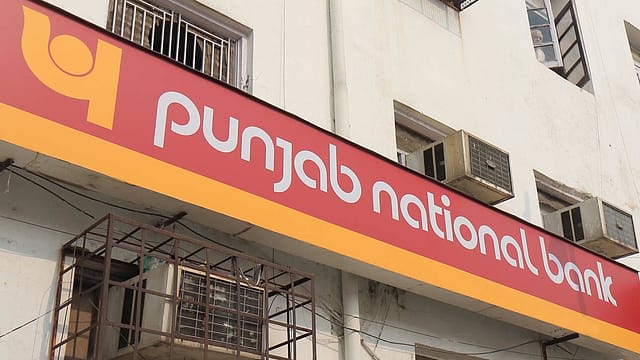New scam at PNB will delay return to profits
ADVERTISEMENT

The beleaguered Punjab National Bank (PNB), the country’s fifth largest bank and the third largest in the public sector, is faced with yet another scam. Last week, the bank detected a ₹3,800 crore fraud by Bhushan Power and Steel, and has accused the firm of misappropriating and manipulating books of accounts to raise funds from a consortium of banks.
The bank has had the BSPL dealings investigated by the Forensic Audit division and based on their findings, the CBI has filed a FIR too, the bank has stated. It is on the strength of these that the NPA provision amounting to ₹1,932.47 crore has been made.
PNB’s stock price dropped 11% on the news as the market expects the bank to take longer to erase its losses from the scams it has faced over the last two years. In 2018, PNB slipped into the red after it was forced to make huge provisions after the Mumbai-based diamantaire Nirav Modi duped the bank to the extent of ₹11,400 crore. The Nirav Modi scam happened out of the Brady House branch in Mumbai, while most of the BPSL fraud was from PNB’s Chandigarh branch, though the modus operandi were different.
PNB wrote off a big chunk of the loss from the Nirav Modi fraud during FY18, a year when the bank reported its biggest ever loss of ₹12,282 crore. It appeared that the house was slowly being put to order under Sunil Mehta, who had taken over as managing director a few months before the Nirav Modi scam. The bank even reported a small profit of ₹285 crore in the third quarter of FY19 but it ended the year with a total loss of ₹9975 crore for the year ended March 2019. The latest fraud and provisioning will further delay PNB’s return to profitability.
January 2026
Netflix, which has been in India for a decade, has successfully struck a balance between high-class premium content and pricing that attracts a range of customers. Find out how the U.S. streaming giant evolved in India, plus an exclusive interview with CEO Ted Sarandos. Also read about the Best Investments for 2026, and how rising growth and easing inflation will come in handy for finance minister Nirmala Sitharaman as she prepares Budget 2026.
The latest loss will also affect PNB’s participation in the merger of large public sector banks being planned by the government. In the past three years, SBI has merged with associate banks and last year, Bank of Baroda merged with Dena Bank and Vijaya Bank. Before the Nirav Modi scam hit PNB, it was one of the candidates for merger with other banks. Sunil Mehta, managing director of Punjab National Bank, while announcing the annual results said: “We won’t be participating in bank mergers yet as we need to focus on profitability.”
Last year, one of the highlights of PNB’s growth was its ability to garner current account and saving account deposits besides focusing on a credit recovery programme. But, a recent report by Elara Capital, an equity research firm, says that new generation private sector banks’ market share improved 162 basis points in deposits and 144 basis points in credit in FY19, while public sector banks’ (excluding SBI) market share fell by 63 basis points in credit and 40 basis points in deposit. With more provisioning,
it is largely expected that PNB will not find additional core capital to increase its lending programme to grow its business. Says Rakesh Kumar, banking analyst at Elara Capital, “It is a tough situation for most public sector banks as they are constrained by lack of capital.”
